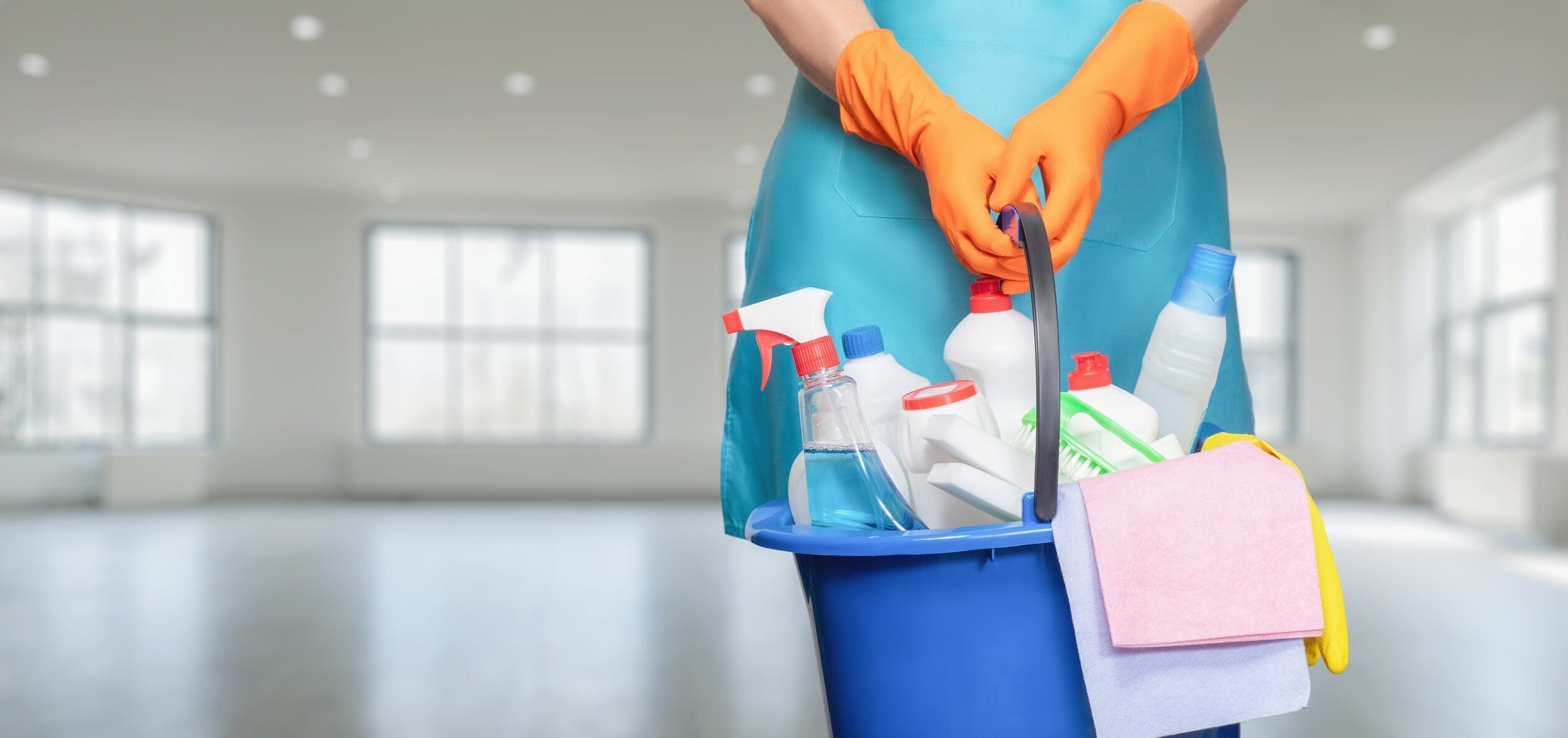In the age of hand sanitizer, Lysol, and hand washing every chance you get, have you ever stopped to think about what consequences this cleanliness might have on the future of health? Probably not, but maybe you should.
A Brief Introduction to Your Microbiome
Our bodies are full of different types of bacteria, viruses, and fungi, known as microbes or microorganisms, all working together to keep us healthy, most of the time. All of these microbes make up your microbiome. When these microbes are doing their job, they protect our immune system and aid in energy production and digestion.
Each person has a unique and individual microbiome, impacted by many things that occur over a lifetime. Everything from your birth to where you live or what you eat and drink influences the microorganisms residing throughout your body. Even more amazing, each part of your body, whether it be your gut, your skin, or your nose and mouth, has its own distinct microbiome!
So why does this matter? Well, your microbiome can impact many aspects of your health and well-being. It can change how you respond to illnesses, how prone you may be to certain diseases, and even your likelihood of developing things like autoimmune disorders, allergies, or diabetes.
When we disturb our normal microbiome through things like antibiotics, our environment, or even cleanliness, we put the trillions of microbes in our bodies under pressure, and they may stop helping us as they should.
The Hygiene Hypothesis
In the industrialized world, hygiene is of the utmost importance to many people. The “hygiene hypothesis” shows why this may actually be harming us and our children.
In developing countries, the incidence of autoimmune disease is low, but they suffer from ever-present infectious disease and illness. Surprisingly, developed countries that have eradicated some of those same common illnesses, suffer greatly from allergic and autoimmune diseases. So why is this?
The “hygiene hypothesis” came to be in 1958 when Dr. David Strachan found a correlation between the immune health of kids and the cleanliness of the household they were born in. He noticed that children with less hygienic households and those who lived with siblings had a lower likelihood of developing asthma or eczema.
Since then, the hypothesis has been expanded to try to explain the epidemic rates of allergies and autoimmune diseases in the developed world. It can be summed up like this, the good microbes in our body are needed to protect our immune system from the bad microbes. If we are not exposed to those good bacteria, viruses, and fungi at a young age, our immune system is not trained to properly respond to the bad germs, inducing an immune response that hurts rather than helps.
This hypothesis is still being researched and developed, but it is important to note that 40 years after the hypothesis was first made, developed countries saw that allergic diseases were present in one in five children. Asthma, eczema, and seasonal allergies are among the diseases on the rise, and inflammatory bowel diseases have also followed suit.
As time goes on, the good hygiene and eradication of common illnesses in developed countries continues to grow, but unfortunately, so does the number of autoimmune and allergic diseases. Researchers have also seen a connection between our health and the food we regularly eat.
Health Around The World
Every part of the world is subject to different microbes based on living conditions, food consumed, or the environment around them, but what if there was a place that we could look to learn how to improve our own microbiome?
Well, there just might be. As the Western World experiences significant loss of good germs, the Hadza, a group of people in Tanzania, are revealing to us what might be causing this within our diet and how to fix these costly changes.
The Hadza people are hunter-gatherers, with diets composed of foods that can be found in the forest, meaning no processed food. They eat foods high in fiber and wild meat. Compare this to the diets of the developed world—low in fiber, high in refined sugars, and food from farms.
Microbiologist, Justin Sonneburg, began to research the microbiome of the Hadza people in comparison to that of people from 17 other places around the world. He found that as peoples’ diets moved away from that of the Western World, they were equipped with a more diverse microbiome.
The most surprising finding, though, the microbiome isn’t constant. The Hadza eat very different diets based on the season. During the dry season, they eat a diet higher in meat, more similar to the diet of the Western World. In this time, certain microbial species begin to disappear, and the microbiome more closely resembles that of the Western World’s too. However, in the wet season, they eat a high amount of honey and berries, and those microbial species return.
This is good news because it provides hope that we can improve our microbiome and health through our diet. Scientists believe the secret lies in eating more fiber and cutting down on unhealthy fats.
What Does This Mean?
This isn’t a call to throw all hygiene practices out the window, as washing your hands is still one of the best ways to prevent common illnesses, and Lysol and hand sanitizer have come in handy in recent years.
Exposure to bacteria, viruses, and fungi isn’t always bad, though. In fact, it can be extremely helpful and important to your long-term health and well-being. One of the easiest ways to start doing this can be through small adjustments to your diet.
So go ahead and sanitize when it makes sense, but also take action to give those good germs a fighting chance to protect you!
3 Ways You Can Protect Your Microbiome
- Probiotics - Studies have shown that taking probiotics while pregnant may decrease the prevalence of atopic dermatitis in children up until 7 years old. Positive effects on the symptoms and recurrence of inflammatory bowel diseases have also been discovered. You can try out FeelGood Superfoods® Kombucha Iced Tea, which is full of both prebiotics and probiotics.
- Use antibiotics only when necessary - Runny nose, scratchy throat, and coughing: these can all be annoying and uncomfortable, but it is best to heed the caution of your doctor when they tell you it is just a cold or virus. Taking antibiotics when suffering from an illness that isn’t bacterial can end up disrupting both good and bad bacteria and leading to antibiotic resistance.
- A diverse diet - The foods you eat can dictate what microorganisms take residence in you. Eating a wide range of foods and fruits and vegetables can help to ensure that you are protected by an army of good microorganisms. Add additional fruits and vegetables to your diet with FeelGood Fruit + Veggie products.
Staying healthy can be hard! Being sick is never fun and always seems to come at the most inconvenient times, but maybe the best way to protect our health doesn’t look like what we would expect. Maybe instead of sanitizing, it’s time to add some of those good germs back into our lives.

